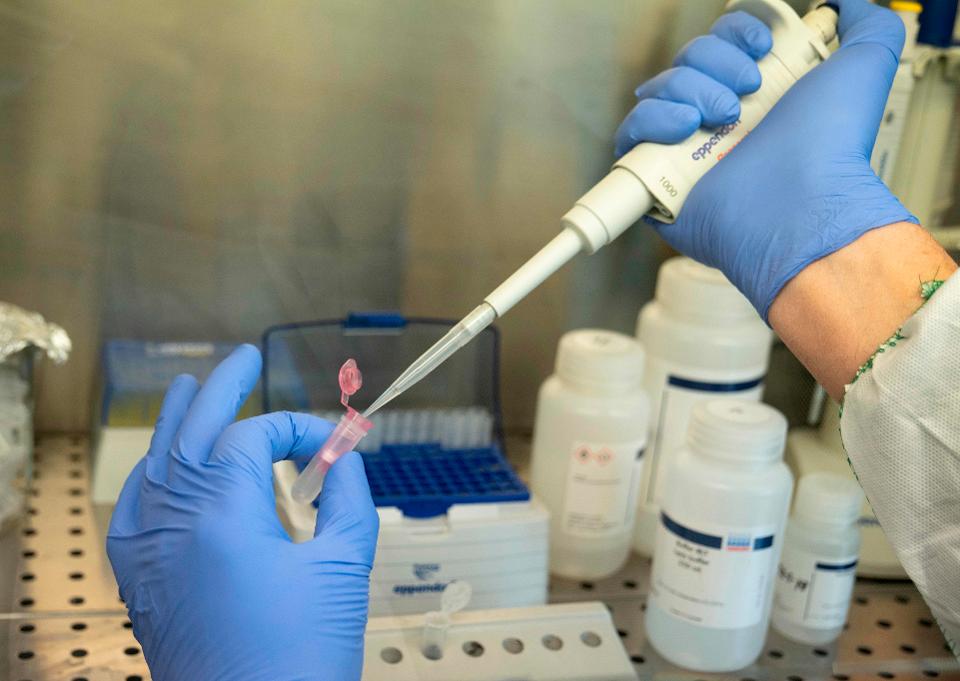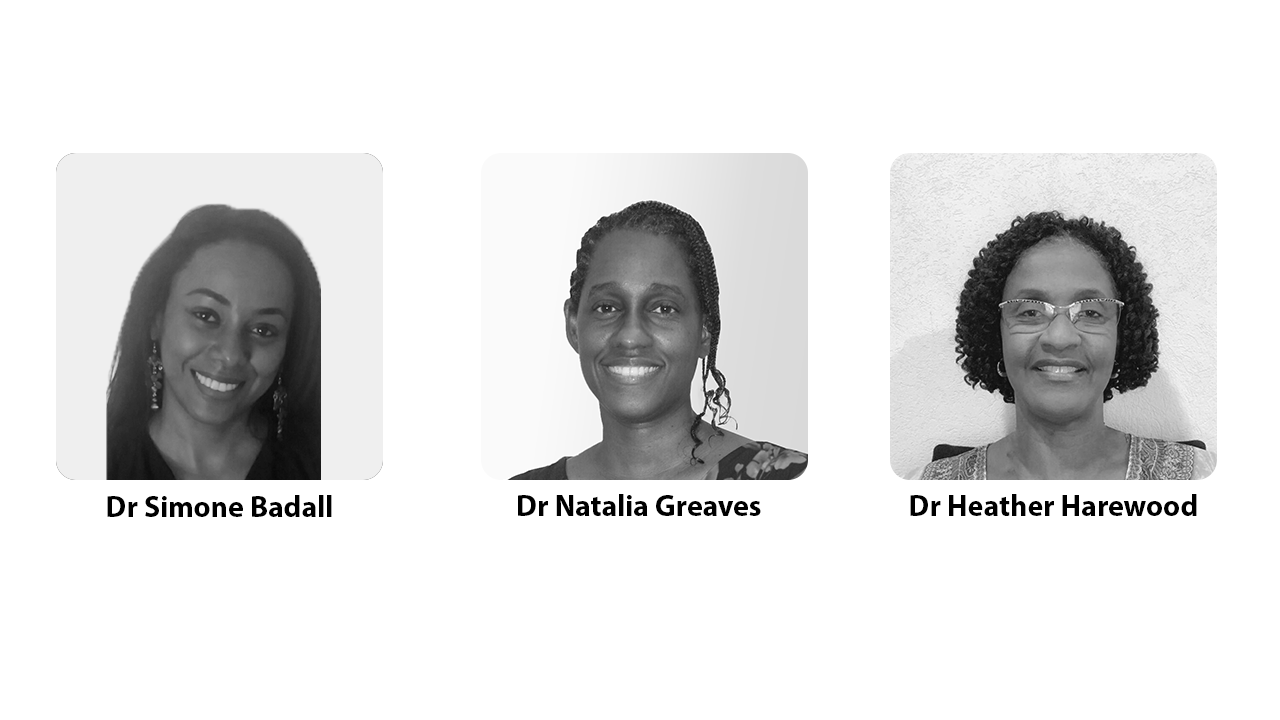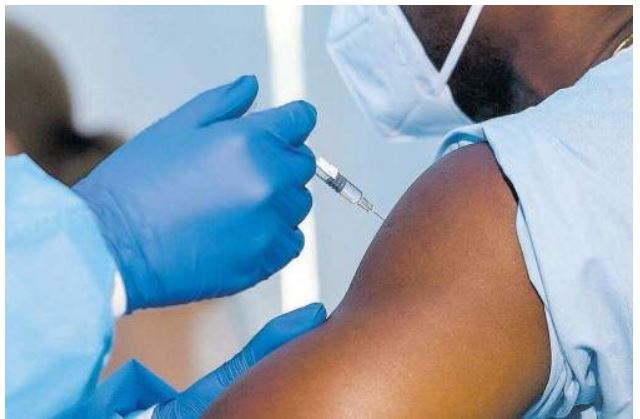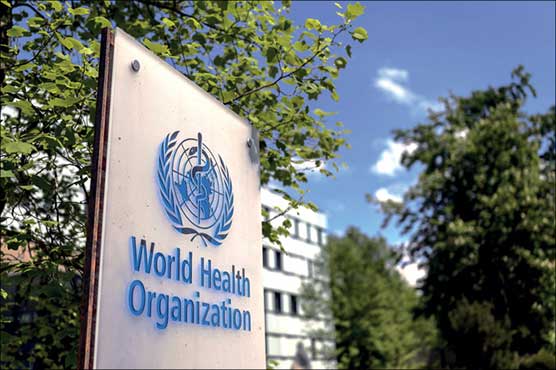In June 2020, the CARPHA Medical Microbiology Laboratory (CMML) processed the largest number of samples – an unprecedented achievement in the history of the organisation. A total of 3,250 samples were received, representing an average of more than 150 samples per business day.
As the regional reference laboratory, the CMML continues to conduct tests for suspected COVID-19 cases for 18 of its 26 Member States and remains committed to providing science-based testing protocol recommended by the World Health Organization (WHO) and the Pan American Health Organization (PAHO).
CARPHA’s COVID-19 response, particularly in the area of diagnostic testing, is currently being supported by its International Development Partners (IDPs) including the European Union (EU), World Bank (WB), Inter-American Development Bank (IDB), Centers for Disease Control and Prevention (CDC), Pan-American Health Organization (PAHO), and Agence Française de Développement (AFD).
“In addition to our laboratory’s accurate and reliable testing methods, we know that timely reporting of laboratory results is critical as it can make a difference to Member States. In the case of the COVID-19 laboratory emergency response, once a sample is received from a designated national public health laboratory, we issue the result within 24-48 hours,” explained Dr Gabriel M. Gonzalez-Escobar, Head, Laboratory Services and Networks at CARPHA. “Moreover, understanding that the CMML is committed to delivering prompt COVID-19 results to the Region, this diligence has resulted in consistent turnaround time of less than 24 hours for test results for all Member States.”
Turnaround time is key to a decision being made at the right time and that depends on the test reports reaching Member States at the earliest.
Dr Gonzalez-Escobar added “We are pleased to announce that the CMML met the turnaround time with 100% compliance for all tests for all Member States, for the months of May and June.”




